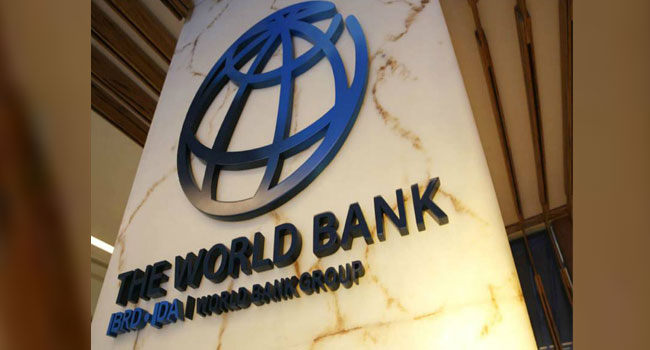Our Terms & Conditions | Our Privacy Policy
World Bank plans internet access for 300 million women by 2030
The World Bank President, Ajay Banga, has unveiled plans to connect 300 million women to internet access by 2030.
This initiative is part of the World Bank’s broader strategy to tackle gender inequality and spur economic development, ensuring that women are not excluded from the global digital revolutions.
Speaking on Thursday during a panel discussion at the 2024 Annual Meetings in Washington, DC, Banga highlighted the critical role of broadband in empowering women.
The panel also included Nigeria’s Minister of Finance, Wale Edun; the UK’s Minister for Development and Women and Equalities, Anneliese Dodda; and Togo’s General Secretary at the Presidency, Sandra Johnson.
“Our world is driven by data and technology. If women are locked out of broadband, it presents a significant barrier to their empowerment. We aim to connect 300 million women to broadband by 2030, particularly in regions where infrastructure is most lacking,”Banga said.
The programme will prioritise areas where women face the greatest challenges, including 15 African countries, and will combine digital connectivity with skills development and access to financial services.
“We’re not just building infrastructure; we’re equipping women with the tools to derive real value from it—through skills training, education, and financial access,” Banga explained.
In addition to broadband access, the World Bank plans to provide 250 million women with direct social benefits via digital registers. These platforms will enhance transparency, ensuring that women receive financial aid without interference.
“Our goal is to empower women not just financially but through digital education and skills, enabling them to engage in more sustainable economic activities,” Banga said.
Another key aspect of the initiative is to connect 80 million women to financial services, giving them the capital needed to start or expand their businesses.
“When women start businesses, they often employ other women, creating a multiplier effect that can significantly impact communities,” Banga noted.
The initiative will be executed in collaboration with governments, fintech companies, private equity firms, and financial institutions.
Plans also include the introduction of “gender bonds” to raise funds specifically for empowering women.
Banga highlighted Nigeria as one of the 25 countries where the World Bank is working on regulatory reforms aimed at improving women’s access to financial services.
Images are for reference only.Images and contents gathered automatic from google or 3rd party sources.All rights on the images and contents are with their legal original owners.



Comments are closed.